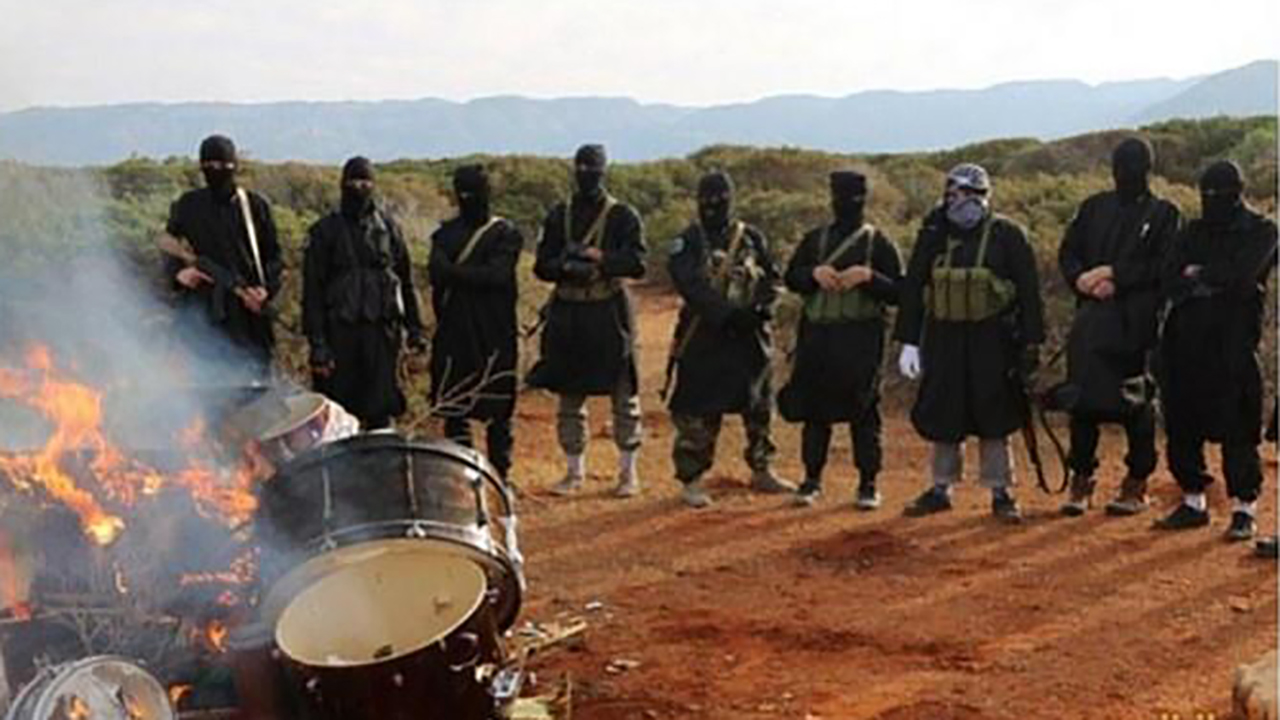Introduction:
Music, a universal language that transcends borders and cultures, has historically played a significant role in Islamic societies, offering solace, celebration, and cultural expression. However, it is disheartening to acknowledge that in several Islamic nations, music is being stifled and silenced by laws that prohibit its creation, distribution, or even enjoyment. These laws, often influenced by conservative interpretations of religious doctrine, not only suppress artistic expression but also pose a threat to cultural diversity, social progress, and individual freedom. In this article, we will shed light on the detrimental impact of music prohibition laws, focusing on examples from Islamic nations, and advocate for their urgent reconsideration.
1. Suppression of Creativity and Artistic Expression:
In certain Islamic nations, such as Saudi Arabia, Iran, and parts of Pakistan, music is heavily regulated or even banned due to strict interpretations of religious teachings. Artists are subjected to censorship, with authorities controlling the content, lyrics, and performances. This stifles the creative freedom of musicians, denying them the opportunity to express themselves fully and inhibiting the growth of diverse musical genres within these societies.
2. Cultural Erosion and Loss of Identity:
Music has long been an integral part of Islamic cultural heritage, functioning as a means to transmit traditions, stories, and values. Prohibition laws that limit or outlaw music erode the cultural diversity within these nations. For instance, in Afghanistan under Taliban rule, music was banned, leading to the loss of a rich musical heritage and depriving the Afghan people of a vital aspect of their cultural identity.
3. Suppression of Social Movements and Political Expression:
Music has historically played a crucial role in inspiring social change and political expression. However, in some Islamic nations, musicians who address social or political issues face severe repercussions. For example, in Iran, musicians who criticize the government or challenge societal norms through their lyrics can be subject to persecution, imprisonment, or even exile. These laws not only suppress artistic freedom but also hinder the potential for constructive dialogue and progress within society.
4. Economic Consequences:
The music industry is a significant economic contributor globally, and Islamic nations are not exempt from this trend. Prohibition laws that restrict or ban music have detrimental consequences for the industry and its professionals, leading to job losses, decreased revenue, and economic stagnation. For instance, in Saudi Arabia, where music was historically restricted, recent reforms have attempted to promote a burgeoning music industry, recognizing its potential economic and cultural value.
5. Ignoring the Benefits of Music:
Scientific studies have consistently shown the positive impact of music on mental health, emotional well-being, and cognitive development. By prohibiting or heavily regulating music, Islamic nations deny their citizens the opportunity to experience these benefits fully. It is crucial to recognize that music can coexist with religious values and serve as a unifying force, fostering social cohesion and emotional well-being within communities.
Conclusion:
Prohibition laws that limit or ban music in Islamic nations suppress artistic expression, erode cultural diversity, stifle social movements, hinder economic growth, and deny individuals the benefits of music. It is essential for governments, religious leaders, and societies to reevaluate these laws and strike a balance that respects religious sensitivities while allowing for artistic freedom and cultural enrichment. By embracing the power of music to inspire, unite, and foster dialogue, Islamic nations can create a more vibrant, inclusive, and prosperous society that values the diverse expressions of its citizens.
While it is necessary to respect religious sensitivities within Islamic nations, it is equally important to recognize that music has deep roots within Islamic history and culture. Throughout the centuries, Islamic societies have celebrated music as a means of spiritual devotion, cultural expression, and communal celebration. Renowned musicians such as Umm Kulthum from Egypt, Nusrat Fateh Ali Khan from Pakistan, and Fairuz from Lebanon have left an indelible mark on the music world, blending their artistic talents with Islamic influences.
Fortunately, there are positive examples of Islamic nations that have taken steps to embrace music and reconsider restrictive laws. For instance, in recent years, Saudi Arabia has undergone significant reforms, including the lifting of the ban on public music performances, the establishment of music academies, and the organization of international music festivals. These reforms not only enhance cultural diversity within the nation but also contribute to the growth of the creative economy, fostering job opportunities and attracting international artists and audiences.
Similarly, in countries like Tunisia and Morocco, music plays a vibrant role in society, reflecting the rich cultural tapestry and encouraging artistic expression. Musicians from these nations have gained international recognition for their contributions to various genres, showcasing the power of music to bridge cultural divides and foster understanding.
In conclusion, the prohibition of music within Islamic nations poses significant challenges to artistic expression, cultural diversity, social progress, and individual freedom. However, there are encouraging signs of change in certain nations that recognize the value of music and its potential to enrich societies. By embracing a more inclusive and nuanced approach to music, Islamic nations can preserve their religious and cultural traditions while embracing the transformative power of this universal language. It is through dialogue, understanding, and a balanced perspective that we can create societies that celebrate and cherish the freedom of artistic expression for the betterment of humanity as a whole.

pgfxwlFqetv
pgfxwlFqetv
prFlSGLuhb